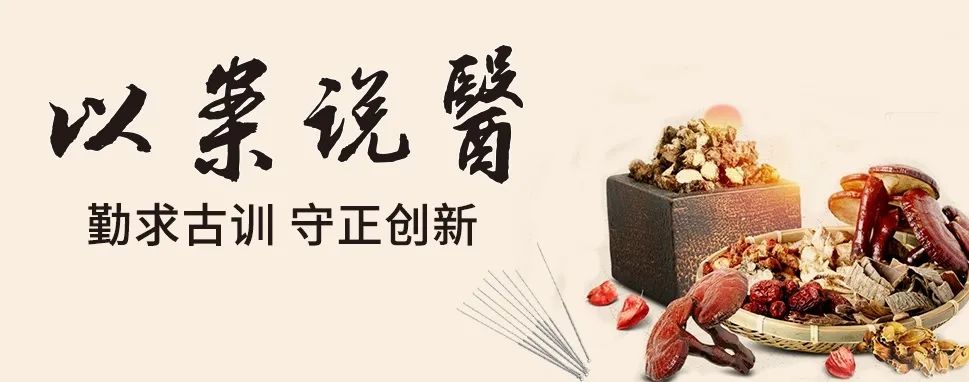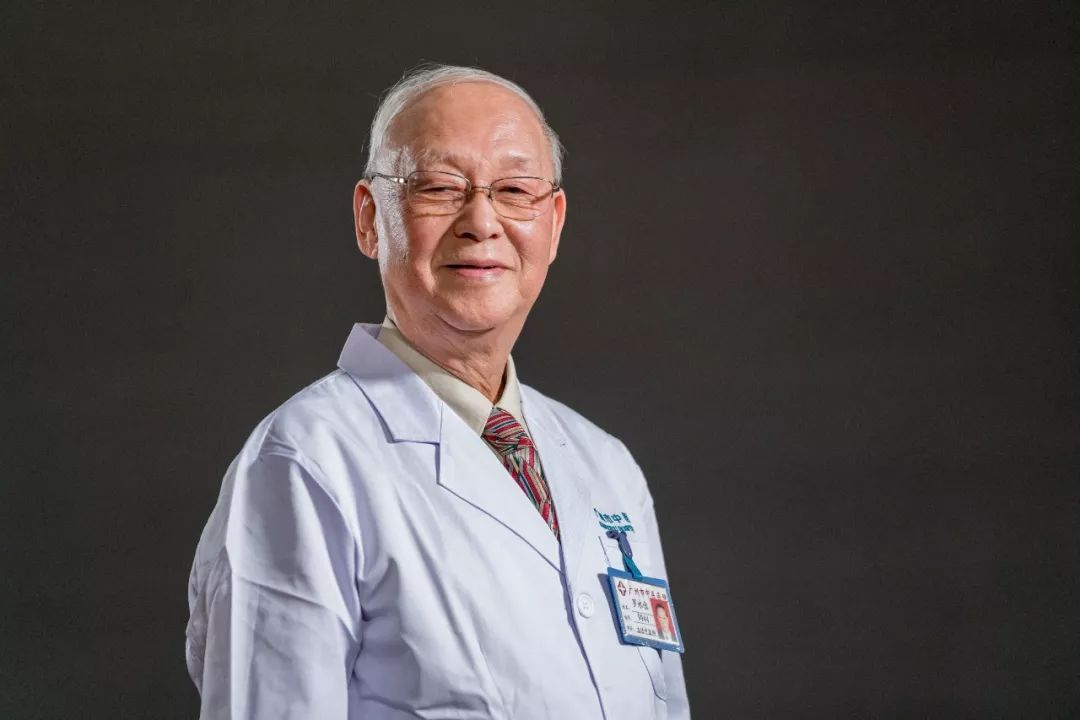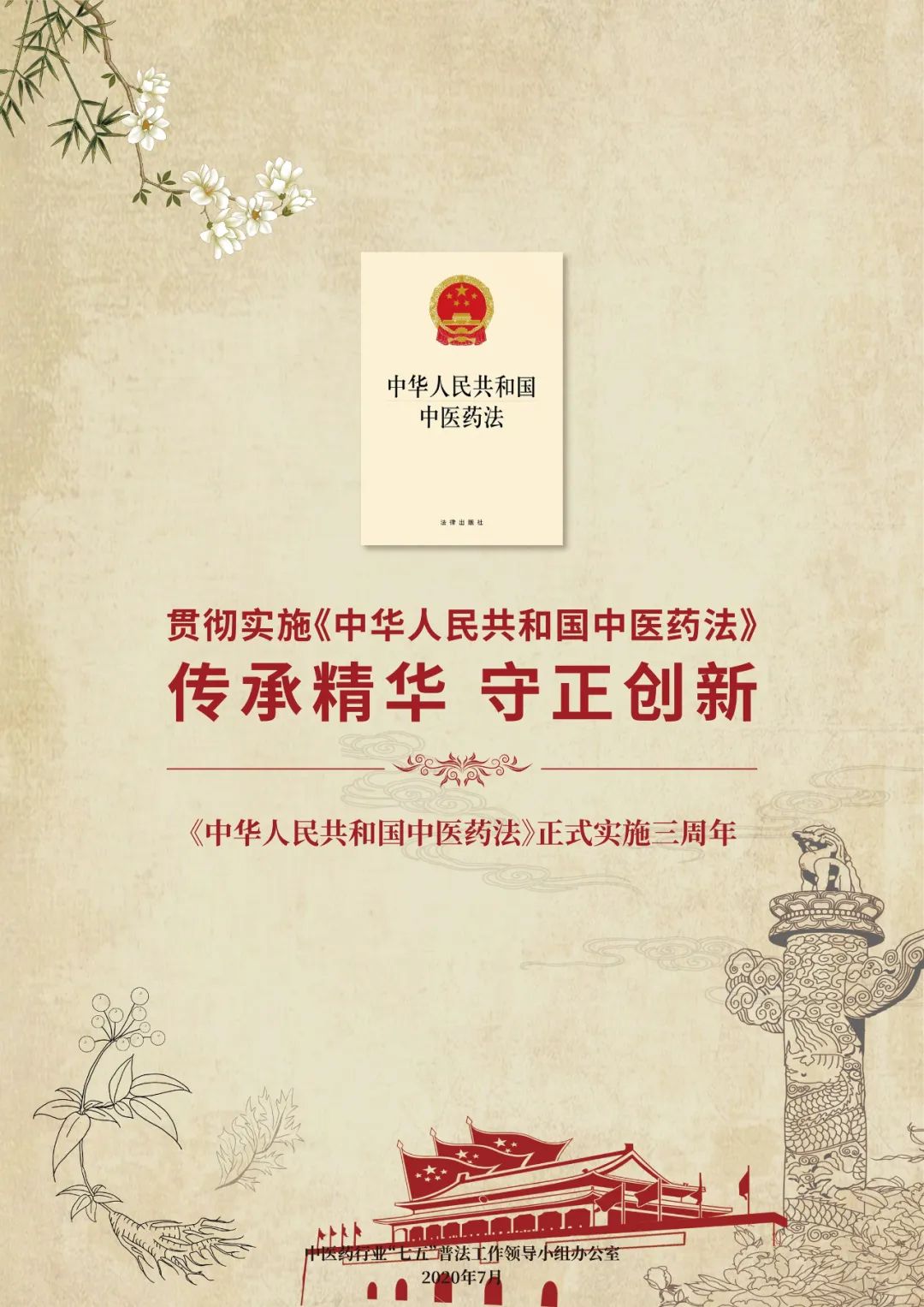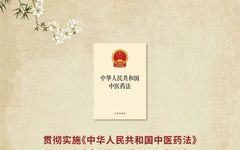

▲ Luo Yongjia, born in 1938, is from Nanhai County, Guangdong Province (now Nanhai, Foshan). He is a renowned TCM physician in Guangdong Province, the chief physician at the Guangzhou Traditional Chinese Medicine Hospital, former director of the hospital, deputy director of the Guangzhou Institute of Traditional Chinese Medicine and Pharmacy, professor at Guangzhou University of Chinese Medicine, master’s supervisor, vice chairman of the National Committee on Integrated Traditional Chinese and Western Medicine for Peripheral Vascular Diseases, vice chairman of the Surgical Branch of the Guangdong Provincial Association of Traditional Chinese Medicine, member of the Guangdong Provincial Expert Committee on Traditional Chinese Medicine Science and Technology, expert in the Guangdong Provincial Drug Review Expert Database, and consultant for the Guangzhou Association of Traditional Chinese Medicine. He has served as a representative in the 7th, 8th, and 9th Guangdong Provincial People’s Congress and is a standing committee member of the Guangdong Provincial Committee of the Chinese Peasants’ and Workers’ Democratic Party, as well as vice chairman of the Guangzhou Committee.
Case Study in TCM. Case studies are records of clinical practice in TCM, reflecting the specific application of principles, methods, formulas, and medicines in the diagnosis and treatment process. The case studies of renowned physicians throughout history are treasures in the TCM repository. We have launched the “Case Study in TCM” column to inherit the essence and inspire our generation for mutual progress.
【Basic Information】
Ms. Huang, aged 85.Consultation date: May 20, 2017.Medical History: History of cerebral infarction for over 10 years, history of hypertension, and stable angina pectoris for many years.Allergy History: Denies any history of drug or food allergies.【Course of Illness】
Main Complaint: Insomnia at night, intermittent mental disturbances for over 2 months.
Present Illness History: The patient has a history of cerebral infarction for over 10 years, resulting in paralysis of the left limbs and long-term bedridden status. For the past 2 months, the patient has had difficulty falling asleep at night, sometimes staying awake all night, with intermittent agitation and incoherent speech. During the day, she feels drowsy but can communicate normally, occasionally complaining of a feeling of fullness in the head and discomfort in the precordial area. She was diagnosed at the Guangzhou Huiai Brain Hospital with “1. Symptomatic mental disorder 2. Alzheimer’s disease” and treated with donepezil hydrochloride, olanzapine, and citalopram, but her symptoms did not improve significantly. Recently, the patient has a good appetite, poor sleep, and normal bowel and bladder function.
【Initial Diagnosis】
Physical Examination: Clear consciousness, fatigued spirit, appropriate responses, cooperative during examination. Left limb muscle strength is 0, with increased muscle tone. Right limb muscle strength is 4+, with normal muscle tone. Left Babinski sign is positive. Tongue is red with a white coating, pulse is wiry.
Auxiliary Examination: None.
【Diagnosis and Treatment】 TCM Diagnosis: Insomnia (失眠). Syndrome Diagnosis: Liver Qi stagnation and disharmony of Yin and Yang.Western Diagnosis: 1. Symptomatic mental disorder; 2. Alzheimer’s disease. Treatment Method: Soothe the liver and relieve stagnation, harmonize Yin and Yang, assist Yang to enter Yin.Prescription: Chai Hu (Bupleurum) 15g, Huang Qin (Scutellaria) 6g, Ban Xia (Pinellia) 15g, Sheng Jiang (Fresh Ginger) 10g, Da Zao (Jujube) 15g, Gui Zhi (Cinnamon Twig) 10g, Fu Ling (Poria) 15g, Da Huang (Rhubarb) 6g, Zhi Zi (Gardenia) 6g, Hou Po (Magnolia Bark) 15g, Zhi Ke (Bitter Orange) 15g, Long Gu (Dragon Bone) 30g (pre-cooked), Mu Li (Oyster Shell) 30g (pre-cooked), Ci Shi (Magnetite) 30g (pre-cooked). Seven doses.Dosage: One dose per day, decocted in 300ml of water.【Follow-up Process】
Second Consultation: June 2, 2017.
Symptoms and Signs: Family member consulted on behalf of the patient. After taking the medicine, the patient felt clearer in the mind, insomnia and agitation, and incoherent speech were reduced, but symptoms worsened again after stopping the medication.
Prescription: Chai Hu (Bupleurum) 15g, Huang Qin (Scutellaria) 6g, Ban Xia (Pinellia) 15g, Sheng Jiang (Fresh Ginger) 10g, Da Zao (Jujube) 15g, Gui Zhi (Cinnamon Twig) 10g, Fu Ling (Poria) 15g, Da Huang (Rhubarb) 6g, Zhi Zi (Gardenia) 6g, Hou Po (Magnolia Bark) 15g, Zhi Ke (Bitter Orange) 15g, Long Gu (Dragon Bone) 30g (pre-cooked), Mu Li (Oyster Shell) 30g (pre-cooked), Ci Shi (Magnetite) 30g (pre-cooked). Ten doses.
Dosage: One dose per day, decocted in 300ml of water.
【Remarks】
This case involves an elderly patient with a history of cerebral infarction, who subsequently presented with bedridden status, agitation, insomnia, and incoherent speech, fitting the pattern of Chai Hu Jia Long Gu Mu Li Tang (Bupleurum Decoction with Dragon Bone and Oyster Shell). According to the “Treatise on Febrile Diseases, Chapter on Differentiating the Pulse and Symptoms of Taiyang Disease, Article 107”: “If a febrile disease lasts for eight or nine days, and there is fullness in the chest, agitation, difficulty in urination, incoherent speech, and the patient cannot turn over, use Chai Hu Jia Long Gu Mu Li Tang.”
Chai Hu Jia Long Gu Mu Li Tang consists of Chai Hu (Bupleurum), Huang Qin (Scutellaria), Ren Shen (Ginseng), Ban Xia (Pinellia), Sheng Jiang (Fresh Ginger), Da Zao (Jujube), Gui Zhi (Cinnamon Twig), Fu Ling (Poria), Da Huang (Rhubarb), Long Gu (Dragon Bone), Mu Li (Oyster Shell), and Ci Shi (Magnetite). In this case, Ren Shen was omitted, and Ci Shi was used to stabilize and calm the spirit. Additionally, the patient exhibited symptoms of “heart vexation and abdominal fullness, restlessness in bed,” so Zhi Zi (Gardenia), Hou Po (Magnolia Bark), and Zhi Ke (Bitter Orange) were added to alleviate vexation and fullness, and to combat anxiety. The combined effects of these two formulas significantly improved sleep quality. For elderly patients with dementia and other age-related brain diseases, improving sleep is crucial for enhancing their quality of life, which deserves attention.
(Case compiled by: Luo Yongjia, Zhou Yiping)【Source: Guangzhou Medical University Affiliated Traditional Chinese Medicine Hospital, Department of Phlebology】



